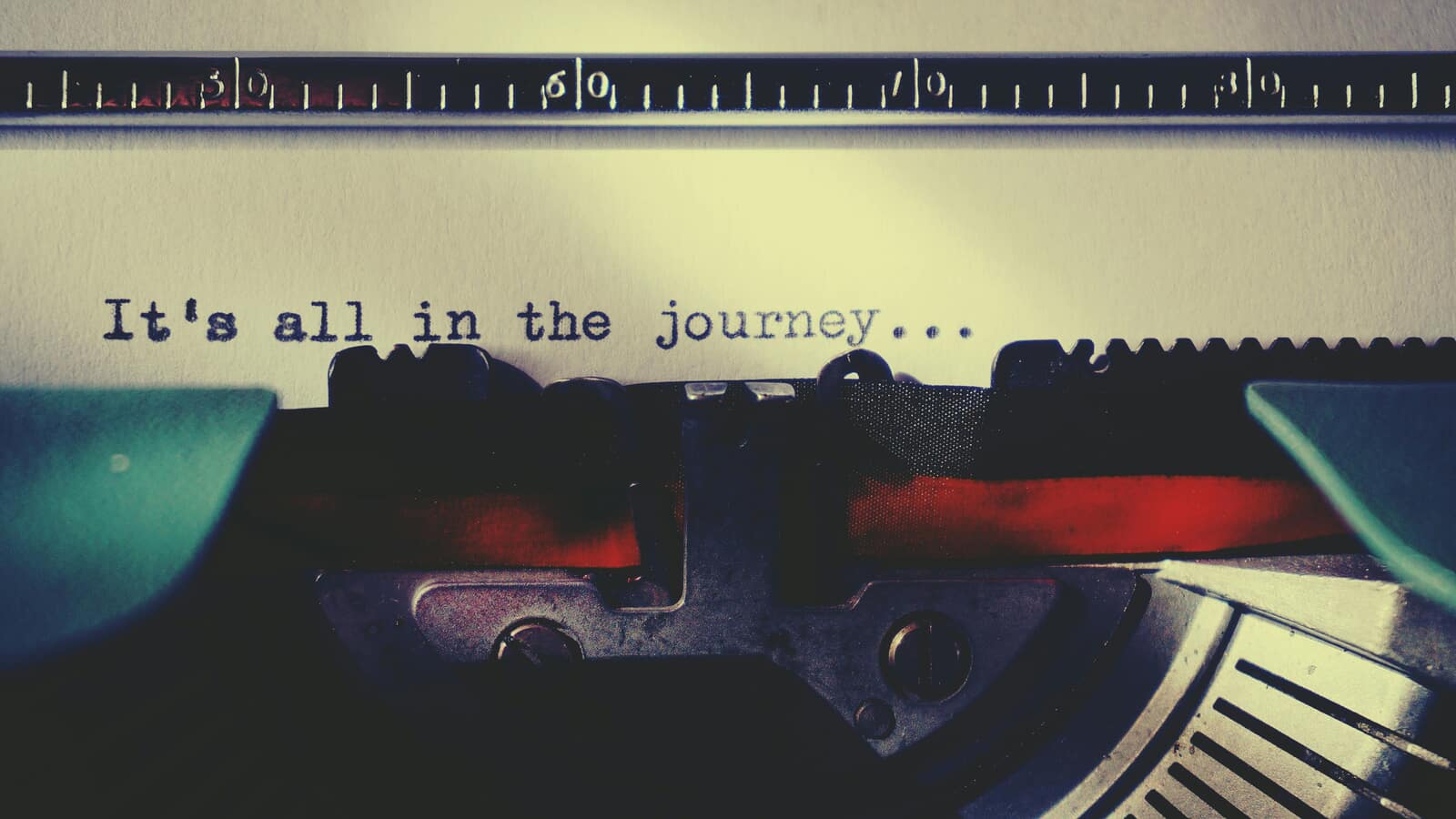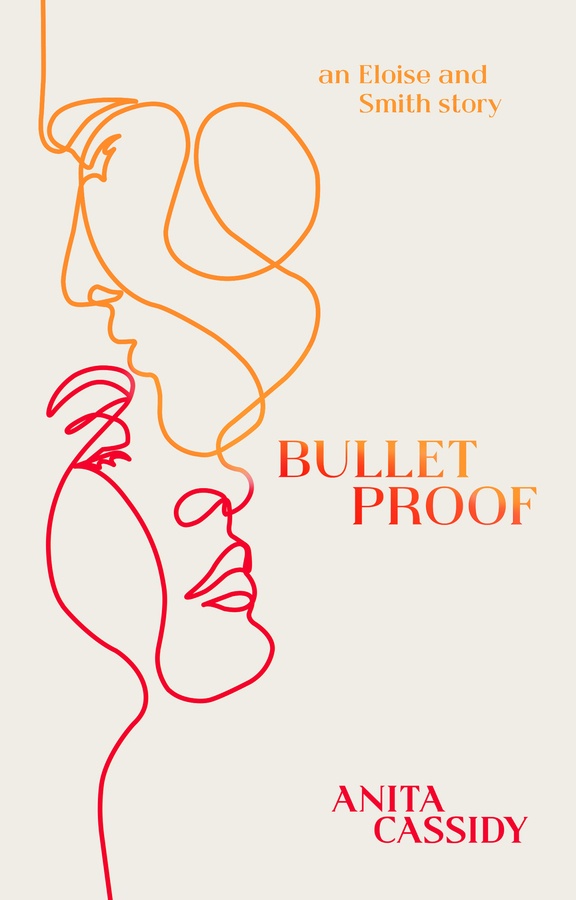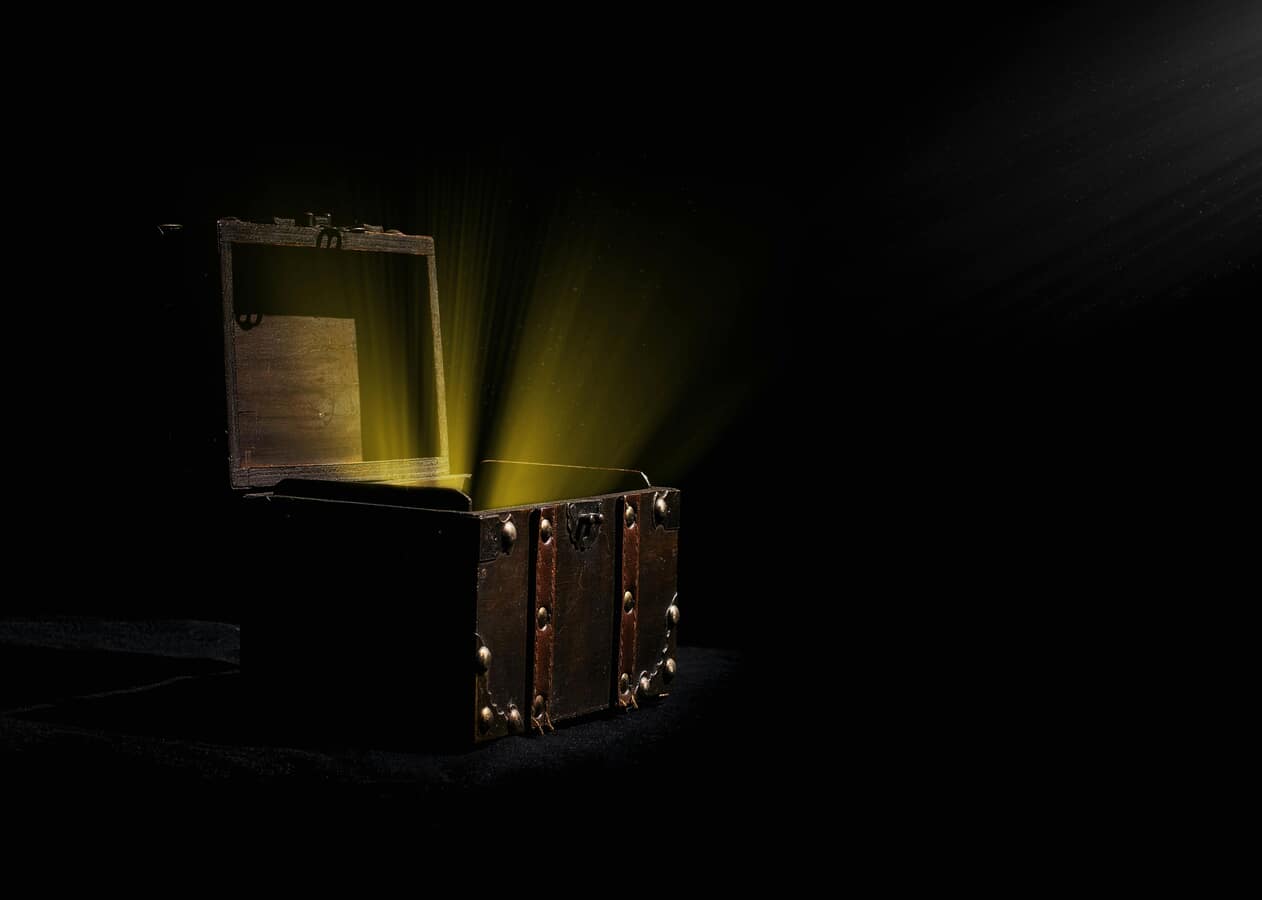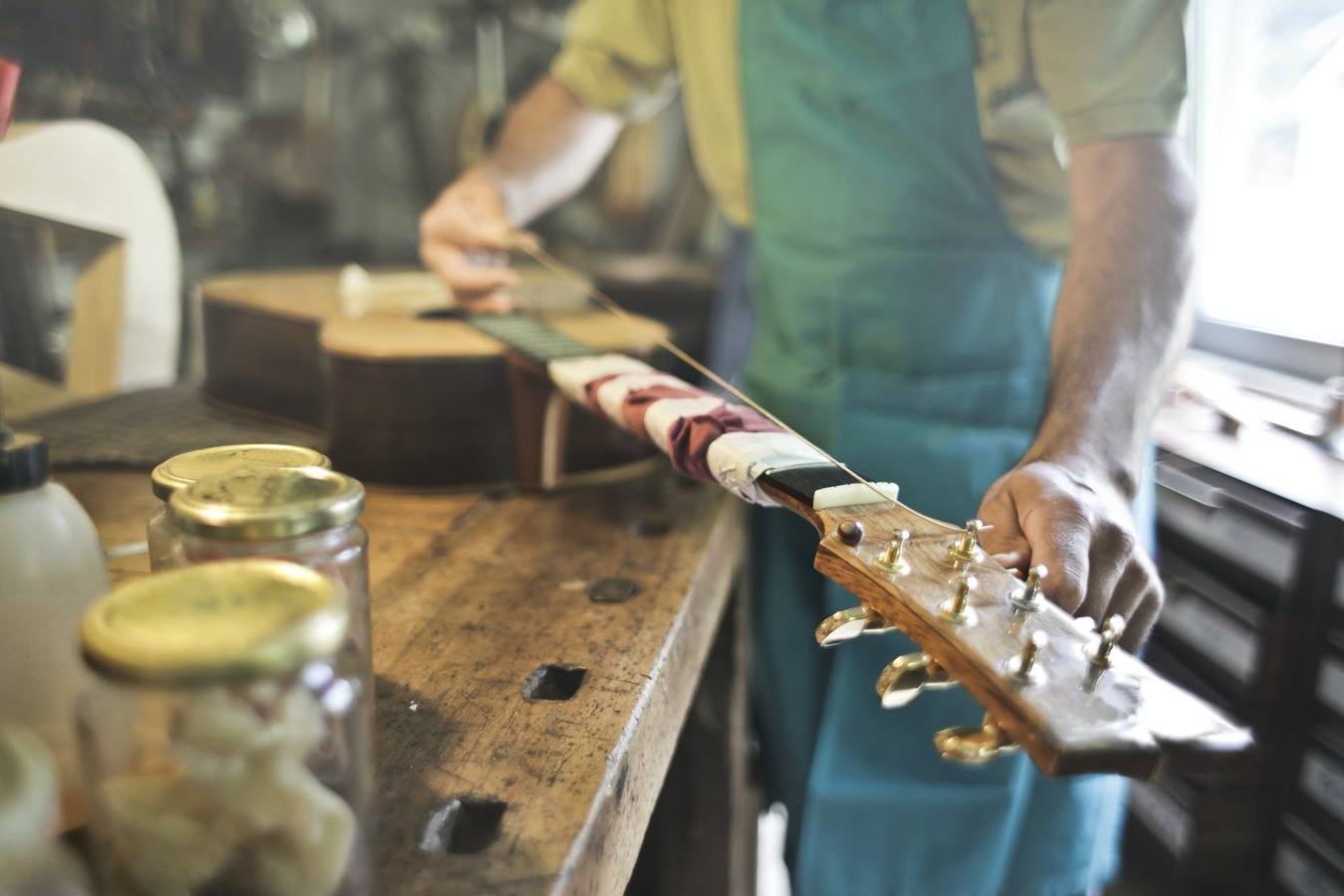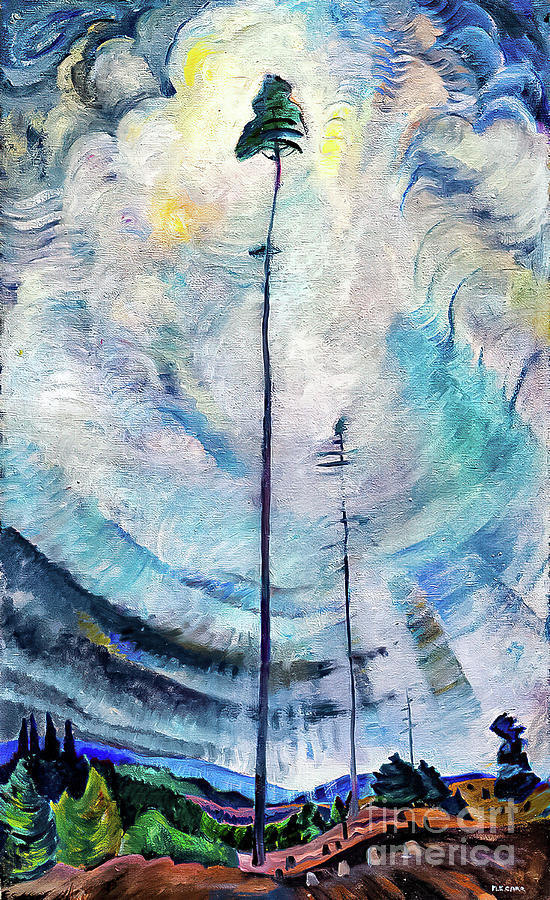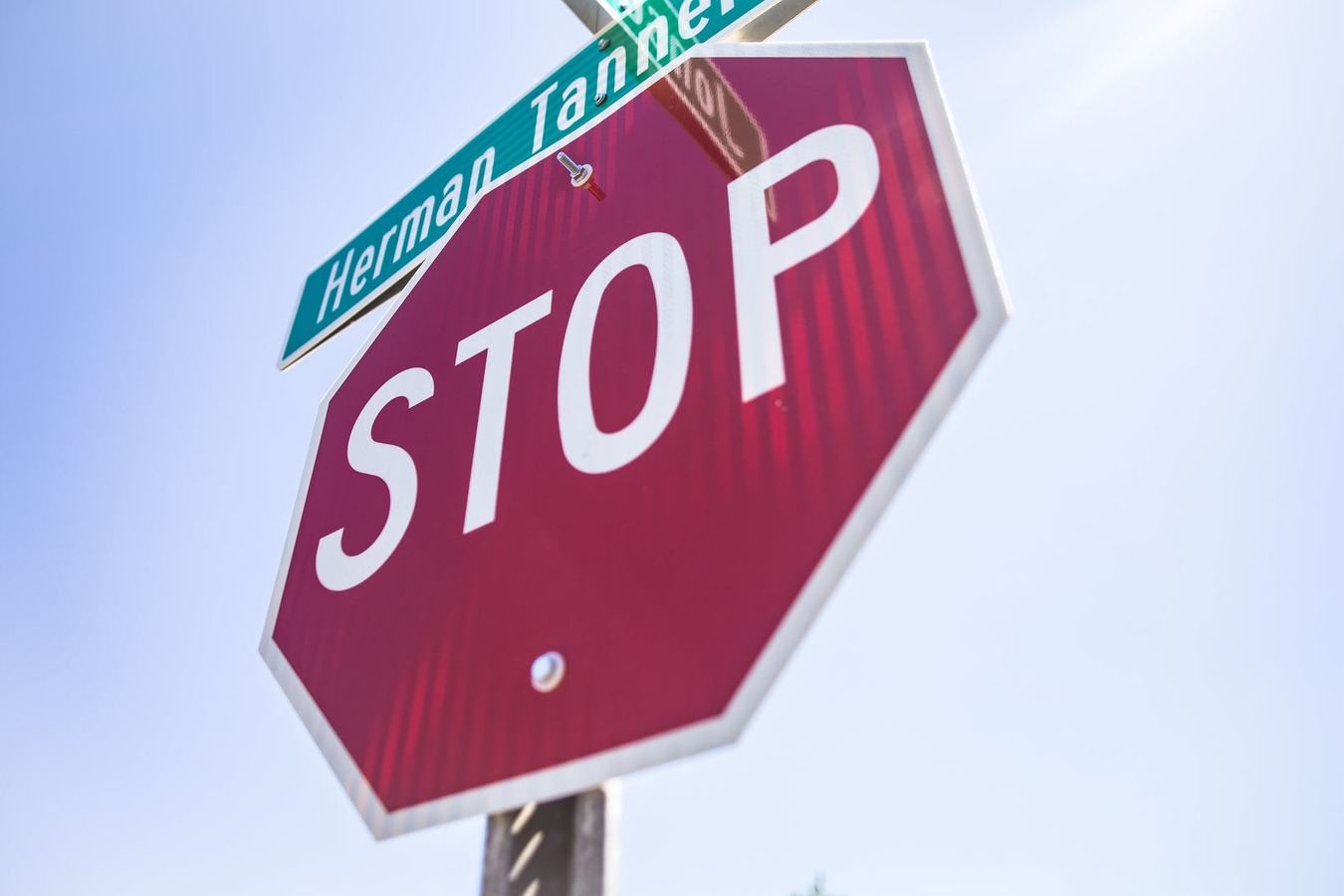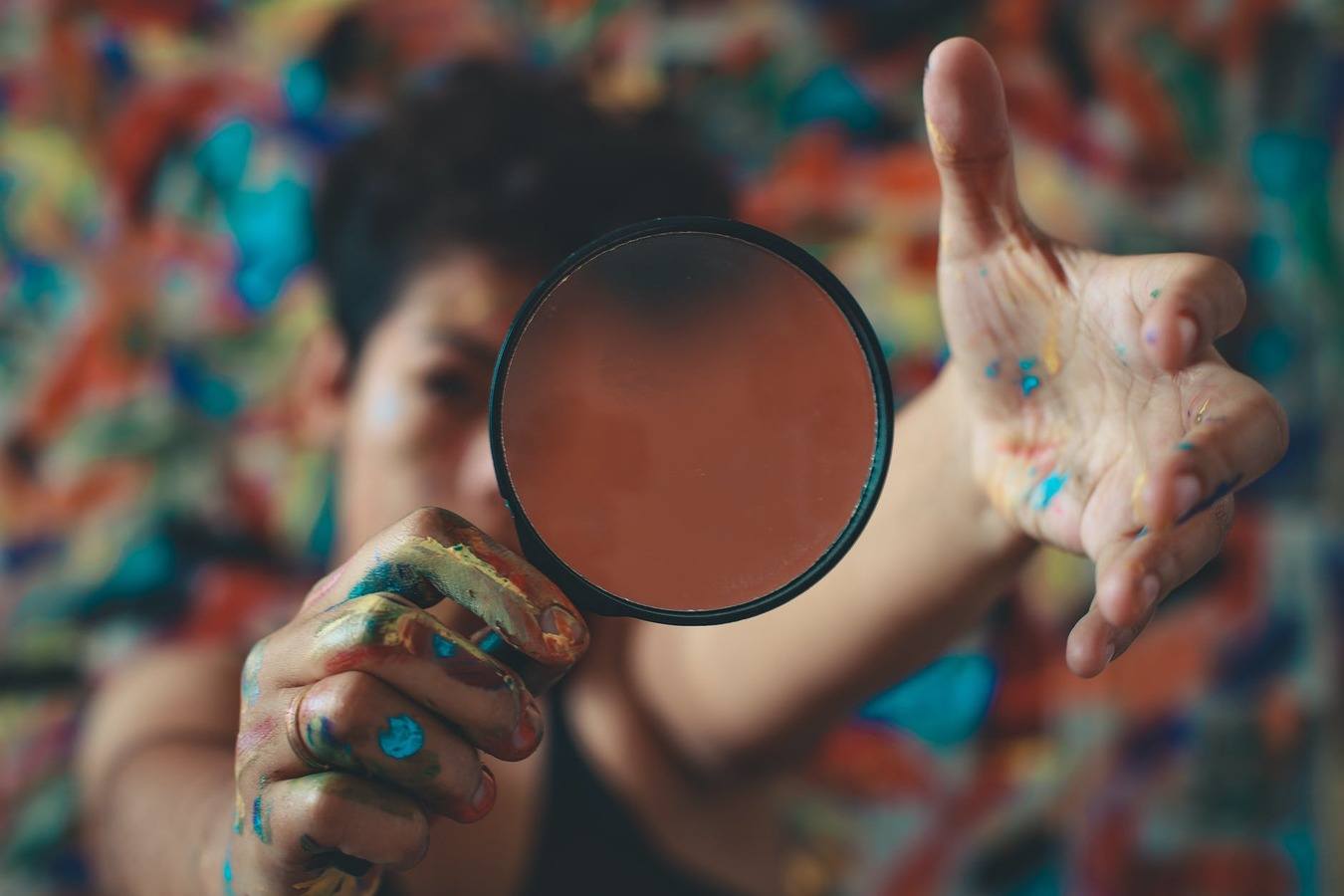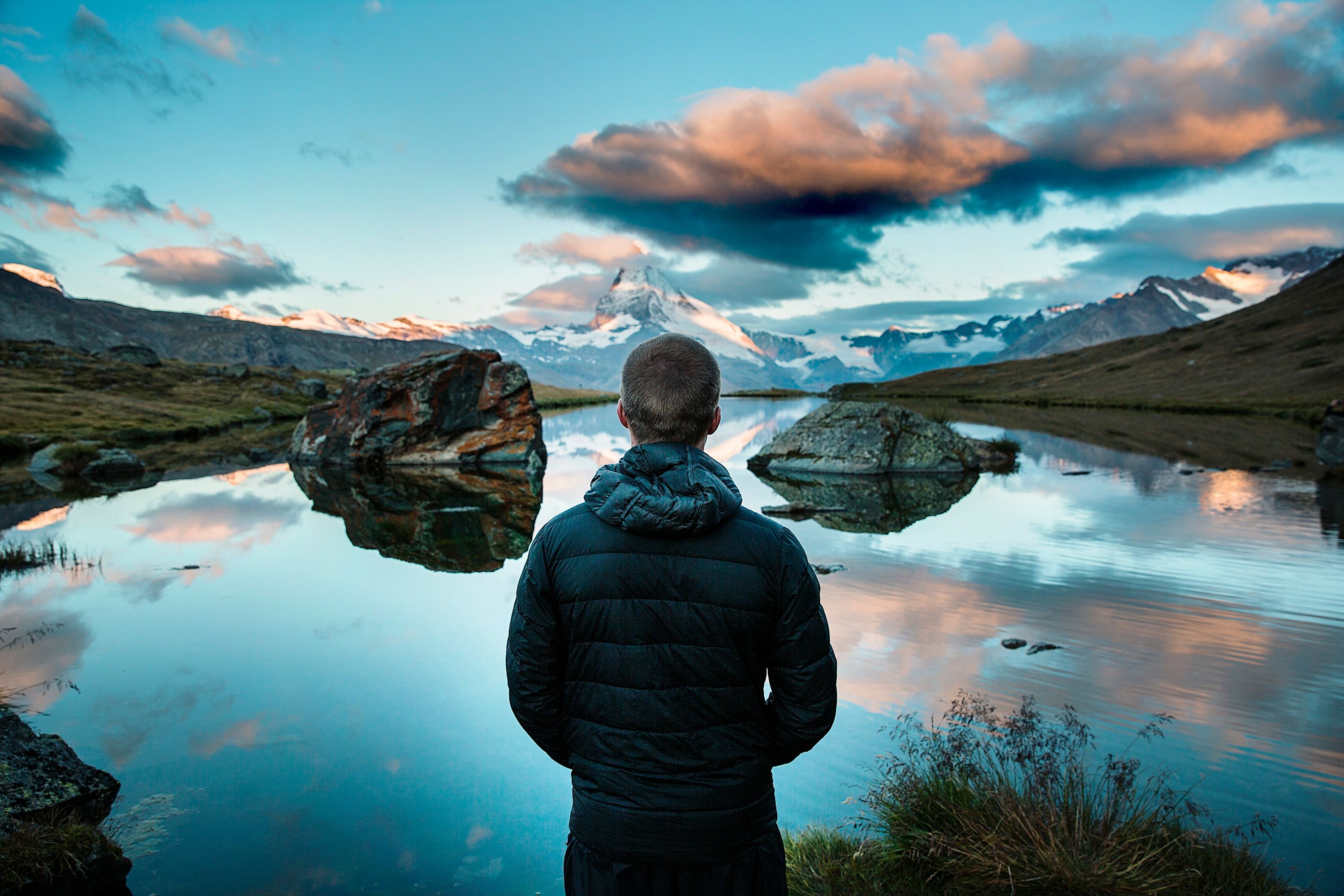CW: alcohol, alcoholism, alcohol dependency, trauma
I’ve touched on the topic of drinking before and many people that know me also know that I didn’t drink for about six-seven years (2012-2018). So, some brief context. I drank quite heavily in my twenties – heavily as in a half bottle of wine most nights past Wednesday, either at home or as part of social drinking. My job was in advertising sales and so drinking as part of lunch and events was encouraged and normal. I was drunk to the point of needing to be sick to deal with the spinning head and room often enough to remember. In my thirties, post having kids, I was usually craving wine all week and then diving into wine as of Thursday (Thursday is the new Friday I would tell myself). I don’t think I was drinking more than most people that I know who also drank. I drank Wednesday/Thursday through the weekend. The gin and tonic at 5pm. The white wine at lunch. The Pimm’s in the garden on a sunny day. The red wine with the Sunday roast. I did drink to the point of feeling unwell at the time or the next day at least once a month or so.
My dad was definitely alcohol dependent and probably also an alcoholic during my childhood. He was diagnosed with liver disease when I was 26. He recovered but didn’t stop drinking after he’d recovered. He was still drinking while he was dying from lung disease. He passed away in 2016. I grew up in the UK in the 80s and 90s when alcohol consumption was normalised to the extent that you were seen as odd if you don’t drink to excess fairly regularly. I went on to have a job in sales and media where everyone I knew drank frequently and fairly heavily. I think the culture around drinking is changing a bit now but not for everyone.
I stopped drinking in 2012 (when my children were 4 and 2) because I was fed up with feeling crappy. I read Jason Vale’s Kick the Drink, Easily and, upon finishing it, I said, with a smile on my face, I’m never drinking again and I didn’t for six years. Around 2018, I began to think that maybe a glass of red wine with a meal was civilised. I was encouraged to think that moderate wine drinking was a positive thing. This idea is, I think, the most toxic: that alcohol adds something, anything, to life. Once that idea had gotten re-established all the social and cultural cues came into support it and the addictive properties began their slow, but inexorable, work. Within a year I was drinking whenever I went out for a meal or attended a social event and also at least once or twice a week at home. Six months after that, I was drinking a glass or two (or more) almost every day.
The second time I stopped was in late May 2020. I re-read the Jason Vale book as well as Allen Carr but quite hurriedly. I was desperate to feel the euphoria I had felt the first time. I wanted to be well again and quickly. Within a week I was drinking again. Interestingly, after stopping for a week or so the second time, when I started again (early June 2020), I drank a lot more and a lot more often immediately.
After a few more weeks feeling really crappy, I realised that this time was not like the first time. I’m different, the circumstances are different and there likely will not be a huge change or energy boost because I’m in a different place. I re-read both books, plus another, slowly and carefully. I allowed myself to feel the complexity of letting go for the third time.
I realised that it was shame that kept me from talking about the amount I was drinking. It was shame that made me hide the drinks I was having, that had me sneaking into the kitchen for another glass, nipping into bars early before meeting people, buying drinks on the way home or avoiding being out at all so I could drink at home, unseen. I fully felt how ashamed, angry and sad I was. I also accepted myself, my feelings, and understood that I was not at fault. The alcohol was. For it told me the answer to all my problems, the key to feeling good, lay at the bottom of the glass but, in truth, it was inside myself the whole time.
When I stopped drinking in 2012, I was unaware of the harm that alcohol had caused me as a child of an alcoholic parent. Now I know of that harm and have been working though it I’m definitely feeling more pain and emotional discomfort but I’m also feeling more joy. That first time I stopped I was, within a year or so, and without knowing why, running away from something but, this time, I can see now, I’m already in the life I need and consciously chose. Instead of running I am moving towards a deeper understanding of that life as well as myself.
Looking back now, with a clear head and the 20:20 vision of hindsight, I see that I was drinking in 2019 because I felt lonely, angry and sad. Covid-19 lockdown as of March 2020, exacerbated the loneliness and frustration and so, like many others, I drank more across March, April and May as I tried to cope. I also began drinking again after stopping briefly because I was scared of the changes that I might realise I needed to make if I stopped. I know all too well that one change can lead to other, often unintended, ones and I was scared of what might be next. Staying where I was and drinking was awful but it was at least familiar.
Having stopped for the third (and last) time, I feel lighter. I’ve been released from the constant split of I want one / I shouldn’t have one. With alcohol, there is often a conflict between the conscious and unconscious mind. Consciously, I knew that my body and emotions as well as my bank balance couldn’t handle more alcohol but my unconscious was telling me that I would like a drink, that a drink will help, that a glass of wine will make me feel better was torture. It felt physically difficult to bear that conflict and I’m just so much happier now it is gone. No more managing alcohol, no more drinking dodgy bottles of wine that are sour, no more trying to manage my intake, no more creating rules, alternating drinks with water and no more making myself sick to rid myself of how much I had had. My anxiety has reduced straight away.
I’ve allowed myself to feel how I feel and I’ve given myself permission to need what I need
I also feel calmer now, more confident and more able to manage my boundaries and understand my needs. What re-reading the books (list below) helped me to do was to recognise the cycle of waking and feeling low and believing that a drink will help and then one becoming three or four and waking the next day feeling low again and on and on… I see that I can handle the bad days without it. And enjoy the good days without it. All three books work in a similar way: they help address the unconscious beliefs that are behind your drinking. I remember describing stopping the first time: “It is as if someone flipped a switch inside my head and turned black to white and vice versa.” I could see that all the things I thought I gained from drinking were not true. It was revelatory. This time (the third time) I have a similar awareness of having been fooled into thinking that alcohol was adding anything to myself and my experiences. I can see the hidden steepness of the slippery slope into the pitcher plant.
Only you know if your relationship with alcohol is troubling you. I’m not writing this to change or convince anyone. This is just my story, my experience. All too often, media stories about drinking look very different to what I see are most people’s experiences. There was a story in The Guardian today, for example, a horrifying tale of physical and sexual abuse and extremely heavy drinking that, whilst I could empathise with it, was not the same as the slow, low levels of harm that I experienced. My dad never hit anyone but the emotional harm caused by his drinking is still there. I never vomited in a shower or drank every day or lost my job but I did live a lesser life because of drinking. It’s not about how much you drink but about how much you want your life to look and feel different to how it does when you’re drinking.
I am so very happy to have come back to myself.
The books I read were:
Kick the Drink, Easily – Jason Vale
The Easy Way to Control Alcohol – Allen Carr









